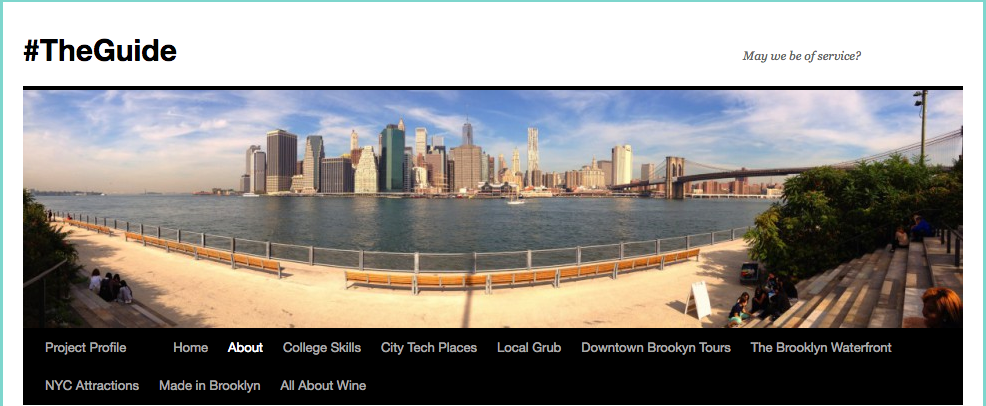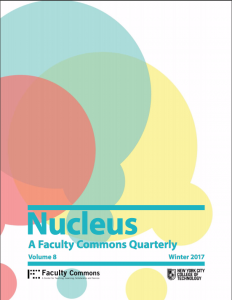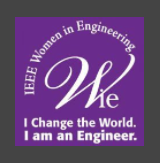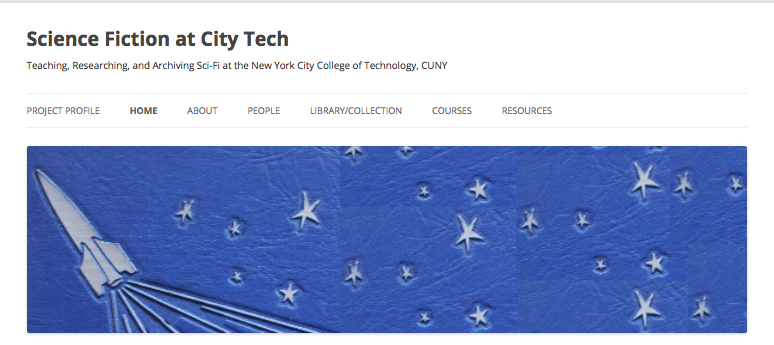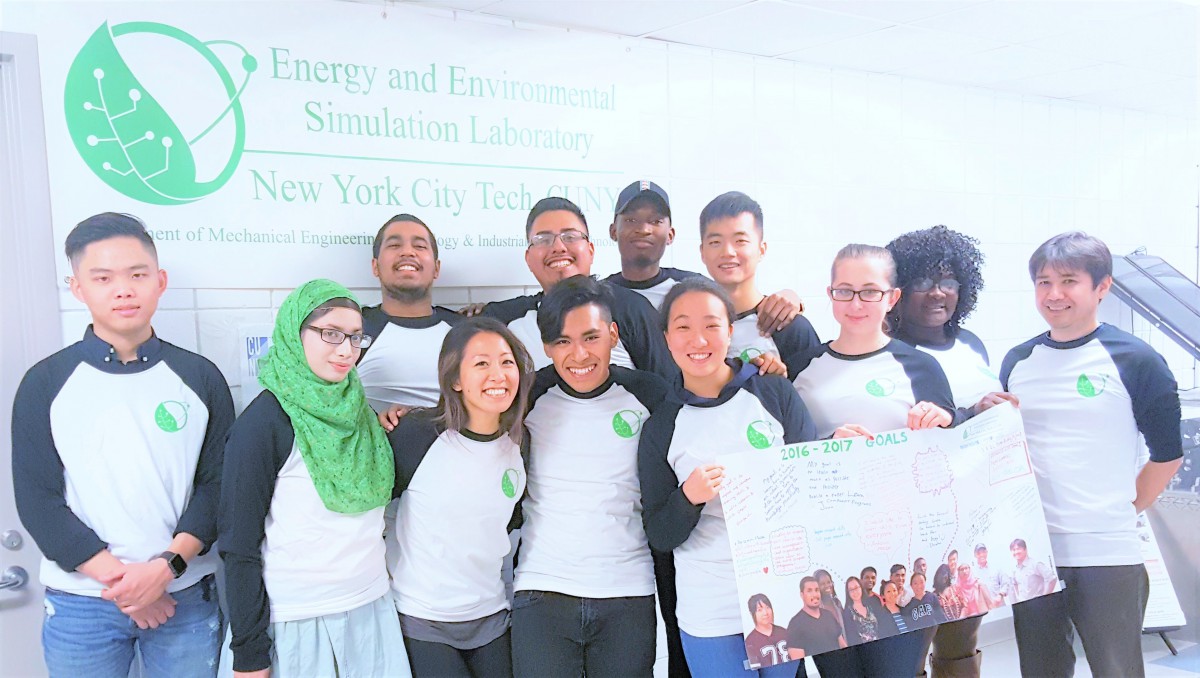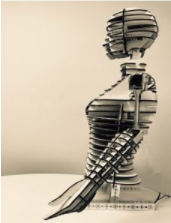This week we’re spotlighting the OER Fellowship project site on the OpenLab. Beginning in 2015, City Tech’s OER Fellowship supports full-time faculty in creating open educational resources (OERs) – or educational websites comprised of open-source and publically available materials that will consolidate and/or replace their course texts. While an important draw of OERs is the cut in textbook costs to students, during our Open Pedagogy event on this topic last year, Professors and 2016 OER Fellows Sue Brandt and Ari Maller also discussed the greater degree of flexibility in and customizability of content that OERs provide. Relatedly, Professor Brandt discussed the ability to keep course content up-to-date even if only by adding current examples, while Professor Maller enjoyed the ease of assigning texts of various mediums (i.e. videos, images).
Information about the Fellowship, including participant requirements & guidelines and links to the OERs generated by past fellows, can be found on City Tech’s Ursula C. Sherwin Library website. This information and more – including the Seminar Syllabus, additional resources, and a forum that simultaneously documents the work of past cohorts and identifies some important conversations and considerations related to OERs – is available on the OpenLab site.
Further questions about the fellowship? Contact OER Librarian, Professor Cailean Cooney at ccooney@citytech.cuny.edu.
Further questions about OERs and their possibilities? Read the recap from our Open Pedagogy Event on OERs from last Fall (2016), the recap from our recent Open Pedagogy Event on Copyright and Attribution in Open Digital Pedagogy, and/or join us for our next Open Pedagogy event on Annotating Text on the OpenLab Thursday October 26th at 5:30pm in the Faculty Commons (N227). This is a follow-up to a well-received Spring event, “Annotating Texts in Open Digital Pedagogy”, and related to Librarian Monica Berger’s post, ‘Hypothes.is for OERs’ on the OER Fellowship OL site.



